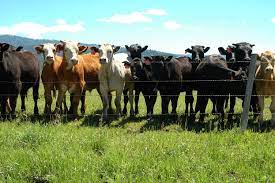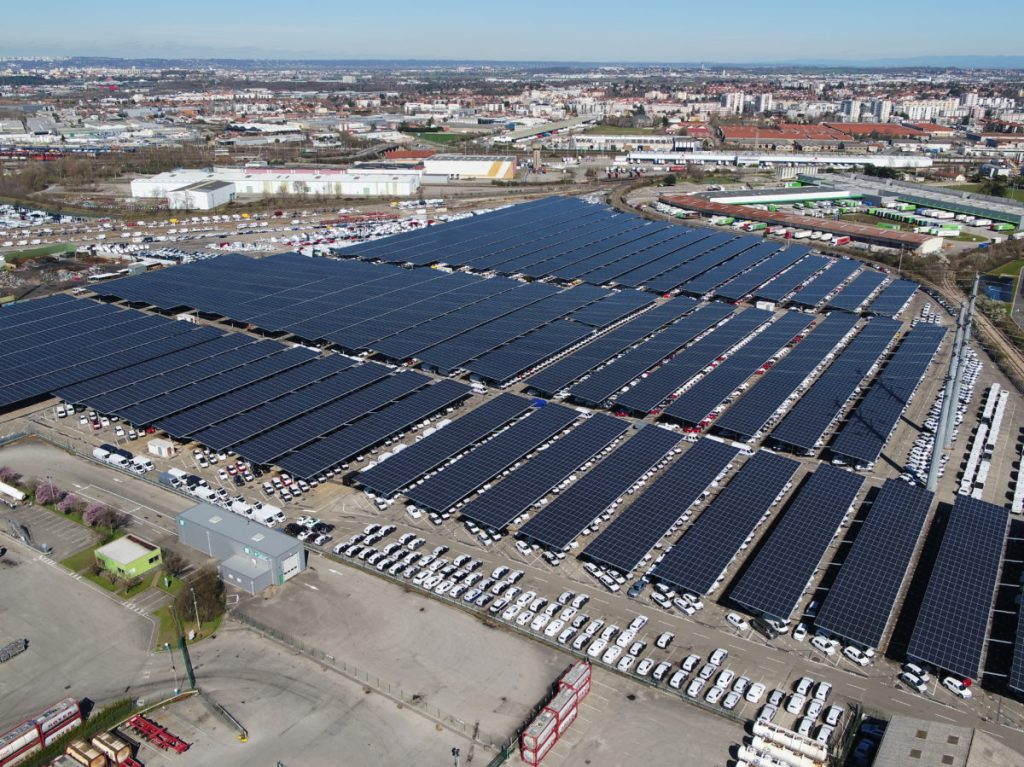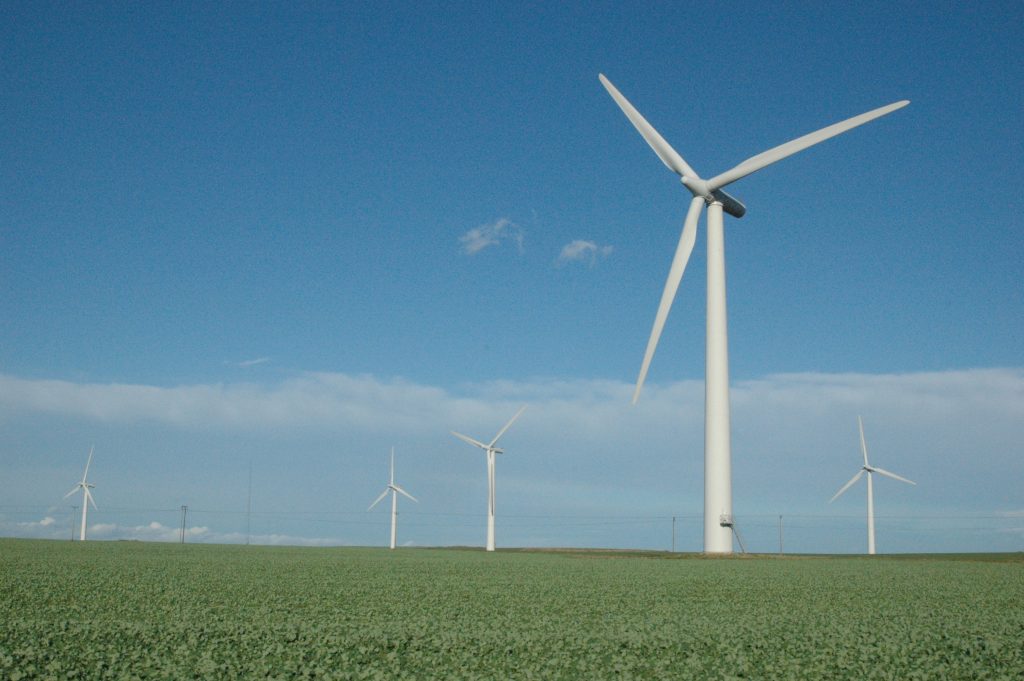There is a great deal of time in the media given over to cutting our carbon footprint. To be clear, this is essential – we need to cut our carbon footprint as much as we possibly can.
My family have recently bought an electric car (second hand) and this has probably reduced our emissions by 2.5 tonnes a year directly (let alone indirectly, which is often far higher – think of the carbon footprint of extracting refining and transporting the petrol from the earth to your car – usually easily doubling the carbon emissions coming out of the tail pipe).

We are currently in talks of having a heat pump installed (I hope that this goes well) and perhaps having the same people install our solar panels and thermal solar panels (those who have been reading this blog for a long time will remember me getting them a long time ago, it has been bizarrely hard to find someone to install at a sensible price).
These moves probably combine to reduce our housing emissions to near zero – we have carbon neutral electricity as well a to reduce our gas use to zero.
So why do I run a website that is intended to simplify wild travel? It is simple! No one has yet found a model which pays locals for the wildlife that lives on the doorstep. Tourism is good at doing this. Now it is true that most wildlife is a significant distance away, which means that air travel is required. However, if as a country, we reduce our housing carbon footprint by 5+ tonnes each, per year (on average the emissions per person is around 5 tonnes per year, so for a family of 4 this is a reduction of about 25%) then a flight, preferably in cattle class and on a modern efficient plane, is not going to greatly increase our carbon footprint.
More important, if everyone in the west stops ecotourism trips, what benefit is there for locals in western Africa to retain their rainforest? A small number of visitors is likely to greatly increase the standard of living of remote communities, as well as giving incentive for thousands of square miles of rainforest to remain standing.
Carbon offset schemes are also a good idea, though much care must be taken in picking what to support (and often doing it directly is better). As this website grows, I hope to set up a scheme that does it properly. You should be looking for projects which will either reduce emissions (new green electricity generation, reforestation- with native crops, that will be left standing, and many more)
The fact of the matter is, that if all of us who are lucky enough to live in the west stop engaging in eco-travel, this removes the incentive for countries around the world to retain their wilderness and wildlife. Worse, ecotourism can give livelihoods in wild places all over the country which if removed, would require entire ecosystems to be cleared. We must be careful, and keep our carbon footprint for this travel low, but feeling smug about not flying will not keep rainforests standing, coral reefs intact, mangroves where they are and many many more






